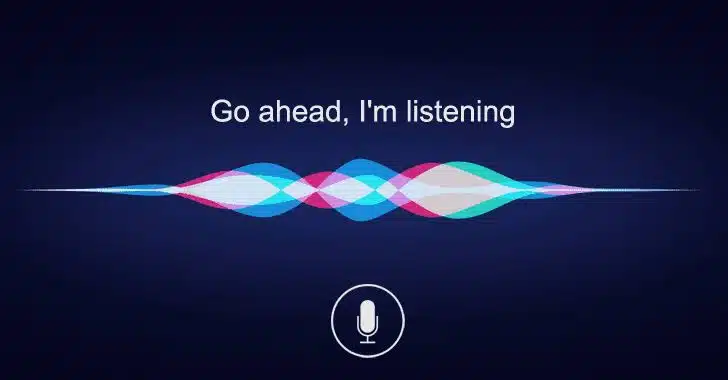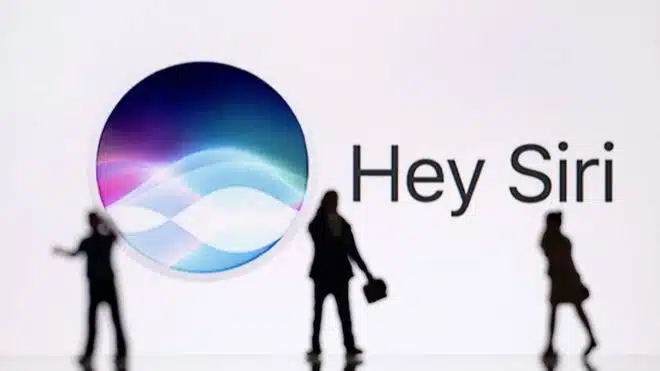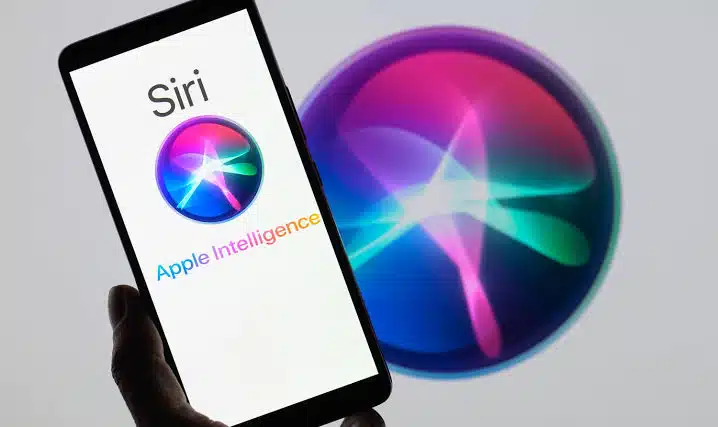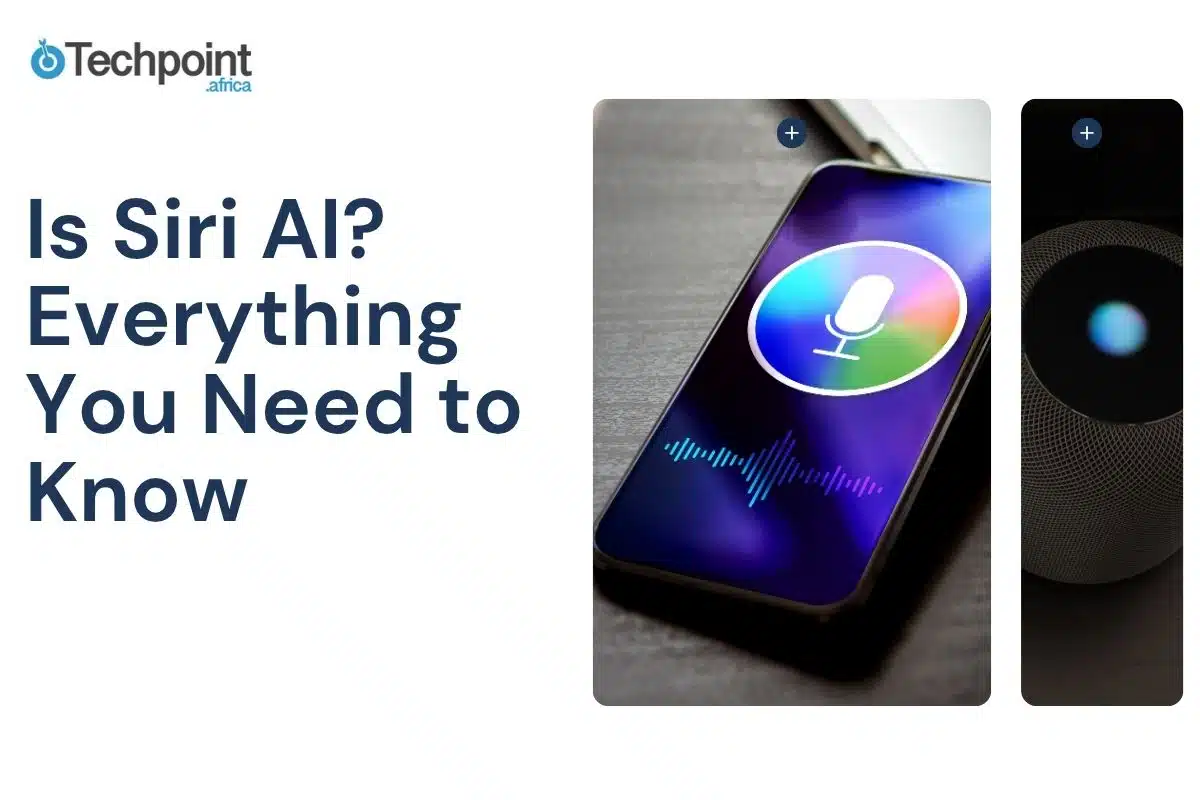
If you’ve ever said, “Hey Siri, what’s the weather like today?” or asked Siri AI to send a quick text while your hands were full, you’ve already tapped into a bit of Apple’s assistant. But have you ever stopped and wondered if Siri was actually AI?
You’re not alone in asking. A lot of people use Siri AI every day without really knowing what powers it or how smart it actually is. And with so much talk about AI tools like ChatGPT and Google Assistant, it’s easy to get curious about where Siri stands in the mix.
In this article, we’re going to talk about what Siri AI is, how it works, what kind of AI is behind the scenes, and what it can do. You’ll walk away with a clearer understanding of what Siri can really do and whether it’s as “intelligent” as people say.
Let’s begin
What Is Siri, Really?
Siri AI is Apple’s built-in voice assistant. It is the friendly voice you hear when you say “Hey Siri” to your iPhone, iPad, Apple Watch, or even your Mac. It’s designed to help you get things done hands-free: setting reminders, sending messages, checking the weather, playing music, and even answering trivia questions. However, behind that calm, robotic tone is a complex system of artificial intelligence at work.
Siri first made its debut in 2011 with the iPhone 4S, and back then. At the time, talking to your phone felt futuristic. You could ask things like, “What’s the capital of France?” or “Remind me to call Mom at 6 PM,” and boom, Siri would take care of it. Over time, it’s gotten smarter and a little sassier, thanks to continuous updates from Apple and advances in speech recognition and machine learning.
While Siri might not be sentient or self-aware, it is a form of artificial intelligence and a pretty handy one at that.
Is Siri AI?
Yes, Siri is a form of artificial intelligence, but not the kind you might imagine from science fiction.
Siri uses what’s called narrow AI, meaning it’s built to perform specific tasks like understanding voice commands, answering questions, and automating actions. It relies on technologies like speech recognition, natural language processing (NLP), and machine learning to understand and respond to your requests.
However, Siri doesn’t think, reason, or learn like a human or even like advanced AI tools such as ChatGPT. It follows patterns based on user input and delivers pre-programmed responses or actions. If you go off-script or ask something complex, Siri often struggles.
In short, Siri is AI but it’s limited, purpose-driven AI, not general intelligence.
Let’s talk about how Siri works next for better understanding.

How Does Siri Work Behind the Scenes?
Siri might feel simple on the surface, but there’s a layered process happening every time you ask a question or give a command. Here’s how it all comes together each time you say “Hey Siri.”:
- Voice Activation: Siri starts working when it hears the wake phrase, usually “Hey Siri.” On most modern Apple devices, this listening happens right on the device itself, using a low-power mode that constantly monitors for your voice. This on-device activation helps keep things faster and more private.
- Speech Recognition: Once activated, Siri records your voice and quickly converts what you’ve said into written text. This is done using speech-to-text technology. The goal here is to turn your spoken words into something the system can analyze and respond to.
- Natural Language Processing (NLP): After converting your speech into text, Siri uses natural language processing to figure out what you actually meant. It breaks down your sentence, looks at keywords and phrasing, and tries to match your command with a known task or question.
- Intent Matching and Command Execution: Once Siri understands your intent, it searches its database of supported actions and services. If you asked to set an alarm, play music, or send a message, Siri carries out that action using built-in tools or connected apps. For more complex requests, it may connect to the internet or third-party services.
- Response Generation: Siri then delivers a response either verbally or through an update on your screen. If your question needs external data (like a weather forecast or a Wikipedia fact), Siri pulls that information and presents it in a simple, digestible way.
- Learning and Personalization: Over time, Siri tries to personalize your experience. It learns things like your voice, accent, and common commands to become more accurate. However, this learning is limited compared to AI models like ChatGPT that retain context or history.
Each time you interact with Siri, this process happens in just a few seconds. The complex chain of AI-powered steps make Siri feel helpful, responsive, and easy to use. Understanding this process helps explain both Siri’s strengths and why it sometimes gets things wrong.
What Can Siri Do and Not Do?

Siri is built to make life easier, especially within the Apple ecosystem. But while it’s good at many everyday tasks, it does have clear limits, especially when compared to more advanced or conversational AI tools:
| What Siri can do | What Siri can’t do |
| Set alarms, timers, and remindersSend texts and make callsProvide weather, sports scores, and directionsAnswer basic factual questionsControl smart home devicesPlay music or podcasts from Apple servicesLaunch apps and adjust settingsTranslate phrases and perform currency conversion | Hold detailed, ongoing conversationsUnderstand complex, multi-step requestsGenerate creative writing or storiesRecall previous interactions or contextIntegrate deeply with non-Apple appsSolve advanced problems or do deep researchPersonalize behavior beyond basic preferencesLearn from user behavior over long periods |
While Siri is reliable for quick, structured tasks, it isn’t designed for deeper thinking or flexible conversation. It sticks to commands it recognizes and if you go off track, you’ll probably hear, “I didn’t quite get that.”
Can Siri Learn or Get Smarter Over Time?
Siri does learn but in a very limited way. If you’re hoping it’ll evolve into a fully personalized assistant that remembers your preferences in detail or grows more intuitive over time, you might be a little disappointed.
What Siri can do is recognize your voice over time, adapt to your accent, and get better at understanding how you phrase things. It also learns which contacts you speak to most often or which music you tend to play, so it can prioritize those in future suggestions.
For example, if you often say “Call Mom,” Siri will eventually know exactly who you mean without needing clarification. It can also suggest apps or shortcuts based on your daily habits like offering to start your morning playlist or pull up directions to work.
However, Siri doesn’t learn in the way more advanced AI systems do. It doesn’t remember past conversations or evolve its responses based on long-term patterns. There’s no memory of what you asked yesterday or any ability to reflect on past interactions.
That’s mostly by design. Apple prioritizes privacy, so a lot of Siri’s processing happens on your device rather than in the cloud. While this boosts security, it limits how much Siri can “know” or retain information about you.
In short, Siri gets slightly better with regular use, but it won’t become smarter in the same way a tool like ChatGPT or Google Assistant might.
Siri vs. Other AI Assistants (Alexa, Google Assistant, ChatGPT)
Siri might be your go-to assistant on Apple devices, but it’s not the only name in the AI game. Other popular assistants like Amazon’s Alexa, Google Assistant, and even ChatGPT offer their own strengths and often outperform Siri in specific areas.
Google Assistant is known for its deep integration with Google Search and its ability to handle more complex questions. It understands context better than Siri, which means you can ask follow-up questions without having to repeat yourself. It’s also more flexible with third-party apps and services.

Alexa, on the other hand, excels in smart home control. It connects with a wide range of devices and supports thousands of “skills” that let you do everything from order a pizza to control your lights with custom voice commands. Alexa feels more open-ended in its capabilities than Siri, especially if you’re not locked into the Apple ecosystem.

ChatGPT isn’t a voice assistant in the traditional sense, but it represents a more advanced kind of AI. It can generate thoughtful, long-form answers, write stories, solve problems, and even carry on meaningful conversations. Unlike Siri, ChatGPT can hold context, remember previous prompts (within a session), and adapt its responses more intelligently.

Siri’s strength lies in its seamless integration with Apple devices, strong privacy controls, and ease of use. But when it comes to deep conversation, contextual understanding, or versatility, Siri still lags behind.
Is Siri Always Listening? Privacy and Security Concerns
One of the most common questions about Siri and voice assistants in general is whether they’re always listening. The short answer is: yes, but not in the way you might think.
Siri is designed to listen only for its wake phrase, like “Hey Siri.” Until it hears that, it stays in a low-power mode, passively waiting without actively recording or transmitting anything. Once triggered, Siri starts listening, processes your request, and on newer devices, does most of that processing right on the device itself, not in the cloud.
This local processing is a big part of Apple’s privacy-first approach. By keeping your data on your device (whenever possible), Apple reduces the amount of personal information that leaves your phone. That means your voice recordings aren’t automatically stored or sent to Apple servers, unless you explicitly opt into sharing them to help improve Siri.
Still, there have been moments in the past when snippets of Siri recordings were reviewed by human contractors as part of Apple’s quality control, something the company has since changed. Now, sharing your Siri data is completely optional and turned off by default.
If you’re concerned about privacy, you can go into your iPhone settings and turn off “Listen for ‘Hey Siri,’” disable Siri entirely, or delete your Siri history. Apple gives you control, which is a welcome move in a world where voice data often feels like it’s up for grabs.

So, Is Siri “Real AI”? Final Thoughts
So, is Siri really AI? The answer is yes but with some boundaries.
Siri is a type of narrow AI, meaning it’s built to do specific tasks, not think or reason like a human. It can understand your voice, follow commands, and help with everyday actions but it doesn’t learn deeply, hold conversations, or get smarter in the way more advanced AI models like ChatGPT do.
That said, Siri does exactly what it was designed for: to act as a fast, easy-to-use assistant built right into your Apple devices. It’s reliable for simple tasks, hands-free help, and quick answers. And with Apple’s strong focus on privacy, you can trust that Siri isn’t silently collecting more data than it needs.
As AI technology continues to evolve, we may see Siri grow in capability. But for now, think of it as a helpful assistant with some smart features, not a full-blown digital brain.
Whether you’re just getting started with Siri or were simply curious about how it works, hopefully this gave you a clearer picture of what’s under the hood and what to expect when you say, “Hey Siri.”
FAQs
- Is Siri considered artificial intelligence?
Yes. Siri is a form of narrow AI designed to perform specific tasks like voice recognition, answering questions, and controlling apps or settings.
- Can Siri learn over time?
Siri can personalize some responses based on your usage like recognizing your voice or remembering frequent contacts but it doesn’t have deep learning or memory like more advanced AI tools.
- Is Siri always listening to me?
Siri is only actively listening for the wake phrase “Hey Siri.” On most devices, this happens locally and doesn’t record or store audio unless you activate it.
- How is Siri different from ChatGPT?
Siri is task-oriented and built for quick commands on Apple devices. ChatGPT, on the other hand, is designed for natural conversation, problem-solving, and content generation, with a more flexible and contextual understanding.
- Can I turn Siri off if I’m worried about privacy?
Yes. You can disable Siri entirely or turn off the “Hey Siri” feature in your device’s settings. You can also delete your Siri history at any time.











